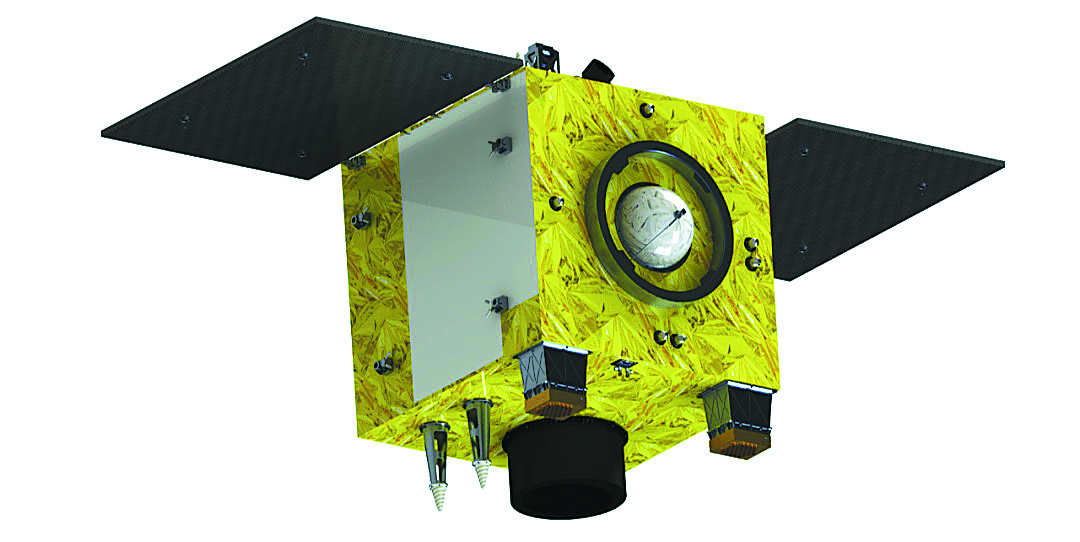
London, 7 December 2023.- China launched a remote-sensing satellite for Egypt on the 4th of December marking a new feat in space cooperation between these countries, according to the China National Space Administration.
The Egyptian MISRSAT-2 satellite was launched on a Long March 2C carrier rocket which set off from the Jiuqan Satellite Launch Centre in the Gobi Desert. The satellite was designed and built by Aerosapce Dongfanhong, a subsidiary of the China Academy of Space Technology. MISRSAT-2 is a small optical remote-sensing satellite which will collect data for Egypt’s land and water resources development and agricultural operations.
The MISRSAT-2 project is funded by the Chinese government. The satellite contract was signed in January 2019, with China agreeing to help Egypt build an optical remote-sensing satellite, ground control station and a data research facility. The ground testing of the spacecraft was conducted at the Egyptian Satellite Assembly, Integration and Test Centre in Cairo, which was built with Chinese funding and technological assistance and opened in June.
“The satellite features well developed technologies and high equipment reliability and can fully meet Egypt’s demands,” said Pang Zhihao, an expert on space exploration technology who has worked at the China Academy of Space Technology. “It was manufactured based on China’s CAST-1000 satellite platform and incorporates smart designs that make it very easy for controllers to operate it.”
Starpool 02-A and Starpool 02-B were also onboard the Long March 2C rocket. They are remote-sensing satellites developed by Elliptical Space and Time, a Chinese company. These satellites entered near-polar orbit alongside Egypt’s MISRSAT-2 satellite.





